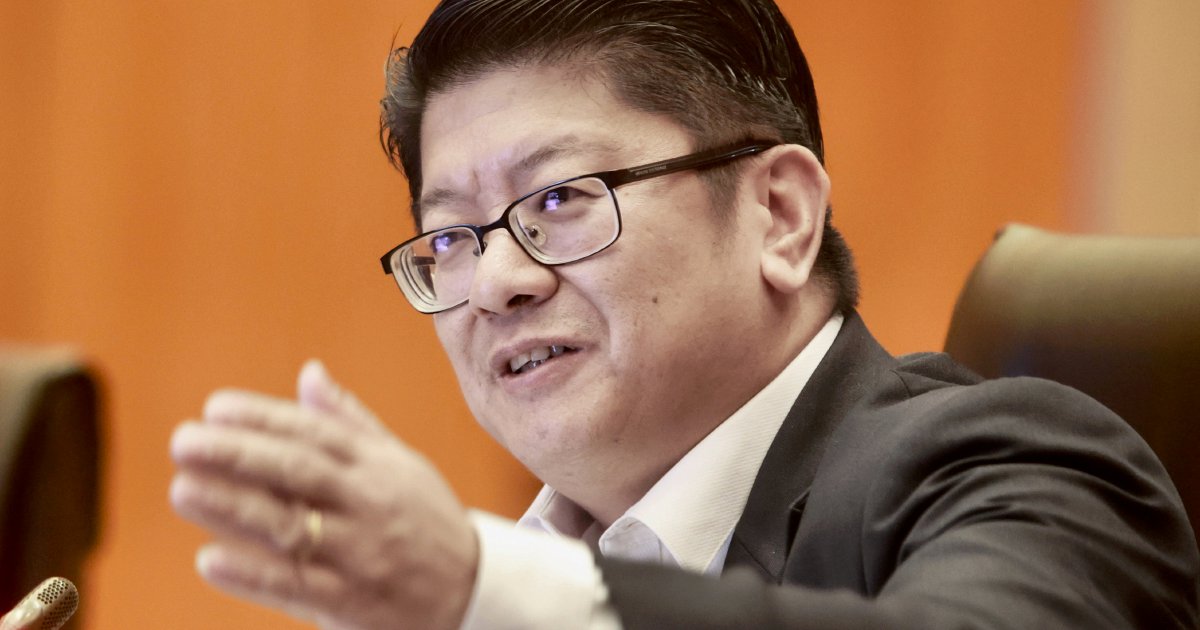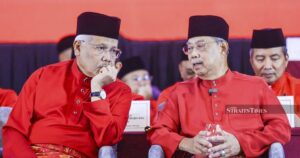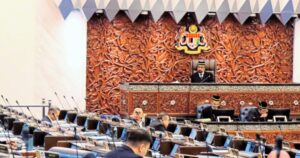KUALA LUMPUR: The United Progressive Kinabalu Organisation (Upko)’s decision to withdraw from Pakatan Harapan (PH) on the eve of the Sabah General Election is seen as a political stunt to boost its image, and the move is unlikely to affect PH’s position in the state.
Universiti Malaya political analyst Dr Mohammad Tawfik Yaakub described the decision as “propaganda politics” aimed at portraying Upko president Datuk Ewon Benedick and the party as champions of Sabah’s interests.
“In my view, this decision is purely political propaganda to make Ewon and Upko appear as leaders who are deeply concerned about Sabah and its people.
“However, it actually exposes their shortcomings to Sabahans because much of the development in the state has been driven by both the Sabah and federal governments, not by Upko itself. The party’s actions are more about slogans and perception than substance,” he told the New Straits Times.
Tawfik said the move was unlikely to have a major impact on PH’s momentum or performance in the upcoming state election.
“I don’t see this move giving PH any significant challenge or affecting its performance in Sabah. Upko only holds two parliamentary seats and one state seat,” he said.
He added that Ewon’s resignation and the party’s exit from PH were tactical, politically driven steps designed to attract attention ahead of the polls.
“It’s a desperate political strategy — a form of ‘political marketing’ meant to make the party stand out to ordinary voters.”
Tawfik also questioned Ewon’s decision to leave his federal ministerial post if he truly intended to help the people of Sabah.
“If Upko genuinely wanted to serve Sabahans, it should have maintained its position in the federal government, where it could channel funds and development more effectively.”
He said the decision could instead create opportunities for Barisan Nasional (BN) to strengthen its foothold in Sabah, as it remains a long-established and familiar political brand in the state.
“BN has the advantage of history and recognition among Sabah voters, whereas Perikatan Nasional (PN) is still far from being able to mount serious competition,” he said.
Tawfik added that the move would not affect relations between the federal and Sabah governments, as cooperation could still continue through existing components such as BN, PH and Gabungan Rakyat Sabah (GRS).
“Upko’s withdrawal won’t disrupt federal–state ties or national political stability. It’s just a symbolic move that adds colour to Sabah’s already dynamic political landscape.”
Echoing this view, sociopolitics analyst Datuk Professor Dr Awang Azman Awang Pawi said Upko’s exit was largely a political move timed for maximum visibility ahead of the polls rather than a genuine effort to prioritise Sabah.
He said that if the party truly wanted to serve the state, it could have remained in government to channel development projects and resources.
“It is more about image and perception than concrete policy action. If Upko genuinely wanted to prioritise Sabah, they could have stayed in government, used their federal positions to push for projects, and worked within PH to ensure the state’s needs were met.
“Instead, this exit looks like a calculated political stunt to draw attention ahead of the polls,” he said.
Meanwhile, Universiti Sains Malaysia Professor Dr Sivamurugan Pandian said the decision reflects local party concerns over the perception that Sabah-based parties need more independence and should not be overly dependent on federal political power.
“From a timing perspective, the move ahead of the state election sends a message that Upko wants to position itself as a genuine local voice to compete with parties such as PBS and Warisan.
“It could affect PH’s performance in Sabah, particularly in retaining support among non-Muslim Bumiputera voters and in mixed constituencies previously contested under the PH banner,” he said.
© New Straits Times Press (M) Bhd






